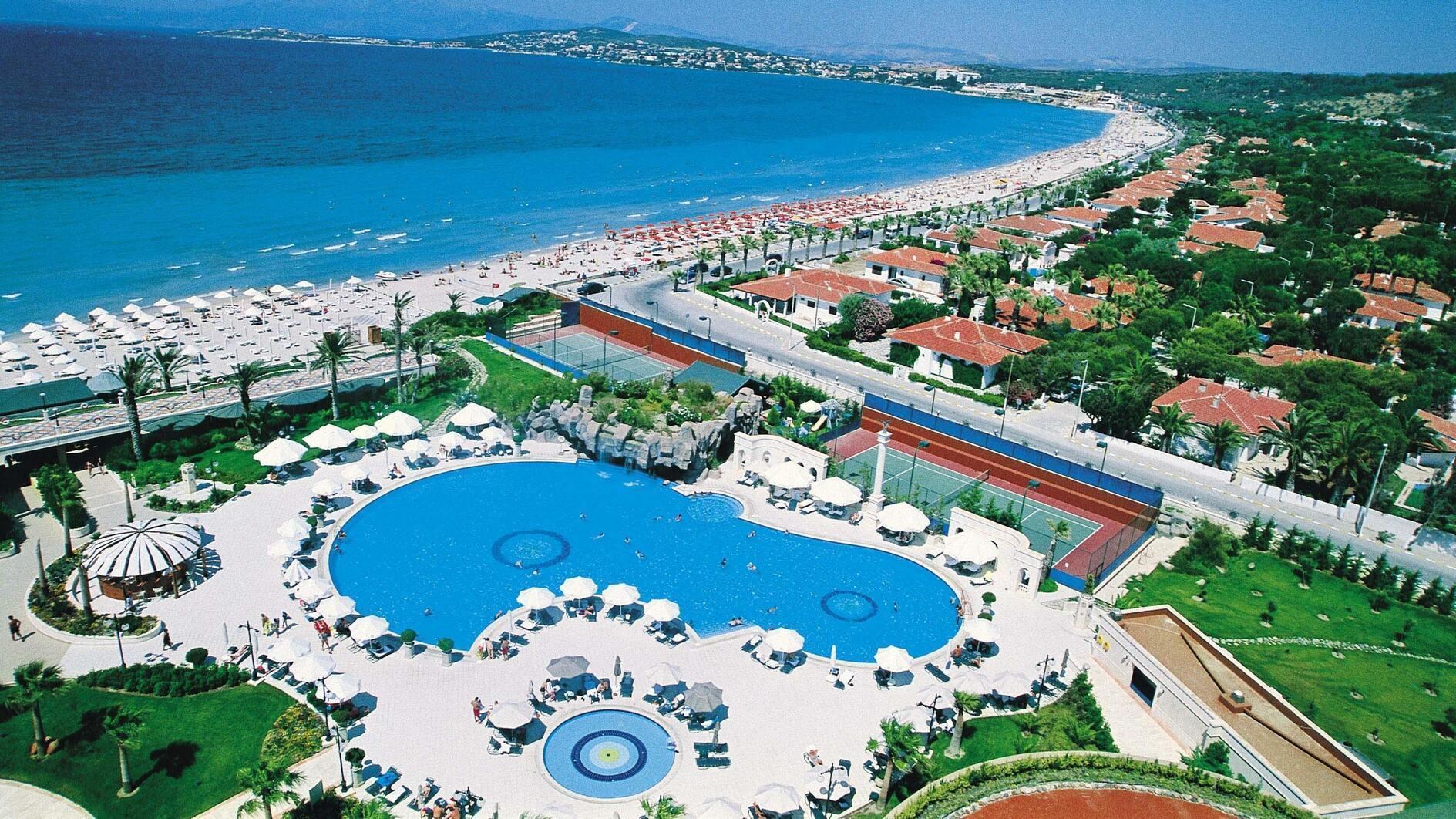Easy answers to difficult questions
The famous humor magazine Mad once had a special page of “snappy answers to silly questions,” such as being asked if you are at home by someone to whom you have opened the door, and saying, no, I’m just his ghost. Something almost similar, but not quite the same, happened after Turkey’s record growth rate for the second quarter was announced.
However, this time the questions were not silly and consequently the answers were not snappy.
Let us first write down all the important and difficult questions. Strong domestic demand was named as the main reason for this high growth rate. Is that true? If it is true, is it expected that domestic demand will continue to support the growth rate in the coming quarters? Is this kind of growth sustainable? Did the government really try to slow down economic activities but failed, or did the government have no such intention and was instead very successful in reaching a record high growth rate, as targeted from the beginning? Can this record high growth rate change foreign investors’ approach positively for direct investments, besides short-term speculative investments? Will high growth rates widen the current account deficit? Is it true that nowadays the current account deficit is not the number-one agenda item?
Although there are no snappy answers to these questions, it is also quite difficult to answer them properly with external elements becoming as important as domestic ones. First of all, it is obvious that strong domestic demand supported this high growth rate. However, it is not rational to insist that domestic demand will continue to support growth to also reach high levels during the coming quarters. In the second half of the year domestic demand might not be so strong and this again might be the government’s priority.
During the first half of the year, the government and the Central Bank at least pronounced some words about the necessity of cooling down the economy. But as they do not show any disappointment now about the record high growth rate, one might assume it was not their first priority to put a brake on the economy; for that reason, it is not just to say their efforts to slow down the economy have failed. As a result the government was to be assumed to be successful in reaching a record high growth rate when the Western economies were dealing with serious problems, including the risk of a probable recession.
Another important question is about the sustainability of such high growth rates. Deputy Prime Minister Ali Babacan recently announced that such high rates must not be expected during the second half of the year. Naturally his main concern is the probable negative impacts of a worldwide recession on the Turkish economy. However, some domestic problems, both economic and political, must be taken into account, which might deteriorate the sustainability of high growth rates. But nobody expects unsatisfactory growth rates for this year or for the coming years, even in the middle of new crises.
Another important question is whether high growth rates make Turkey attractive for direct foreign investments. Recently announced data show that this might happen if the authorities try hard to develop the business climate more for foreign investors. Past experiences taught us that an active economy is, of course, necessary to attract foreign direct investments but not sufficient. There are other elements that are not easy to realize in a country where traditions and mentality are quite different from in other parts of the world. However, Standard & Poor’s raised the local currency sovereign credit rating to BBB (investment grade). This might change investors’ minds.
And to answer the last, but not the least, question, it is true that the current account deficit is not the first item on the government’s agenda now. However, this does not mean that the current account deficit has also been solved for the coming years. Unless the foreign trade deficit problem is solved, the current account deficit will continue to be on the agenda, whether on the top or not










